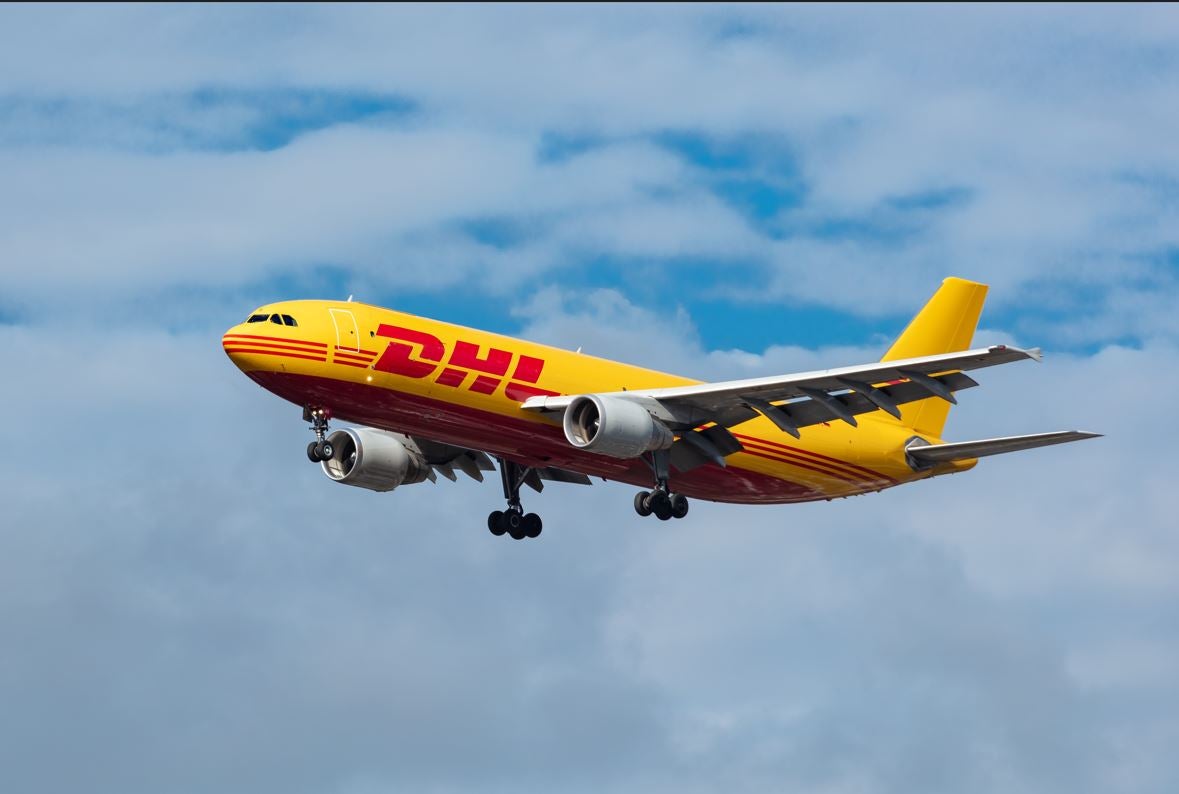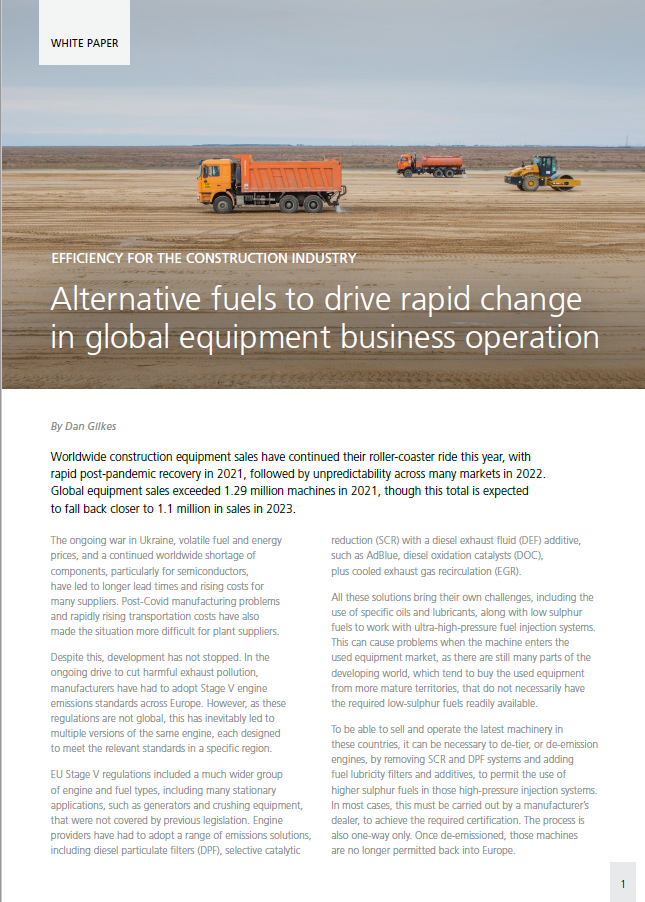
Air and ocean freight specialist DHL Global Forwarding, a subsidiary of German parcel courier DHL, has announced a strategic partnership with airline cargo handler IAG Cargo to benefit from sustainable aviation fuel (SAF) emission reductions in its operations.
DHL will purchase 11.5 million litres of SAF scope 3 emissions reductions from a range of sources for provision across its value chain, benefitting IAG Cargo. Scope 3 refers to emissions inherent in a company’s value chain but not directly created by it. By comparison, scope 1 emissions are those directly emitted by a company; for example, fuel burning in flight.
This effectively means that DHL is sending the SAF across the value chain to IAG Cargo in order to reduce emissions across the board. Scope 3 emissions reductions for DHL therefore translates to scope 1 emissions reductions from IAG Cargo and other parties.
The SAF, some of which will be produced at the Phillips 66 Humber Refinery, will be produced from food waste and waste cooking oil. The Phillips 66 Humber complex, where the partnership was announced, produces biofuels, gasolines and crude.
Roughly 3,000 barrels per day of sustainable feedstock is refined at Phillips 66’s Humber plant, which recently provided British Airways with its own SAF.
Humber Refinery general manager Darren Cunningham said at the time: “We were the first in the UK to co-process waste oils to produce renewable diesel, and now we are the first to produce SAF at scale.”
“Creating a more sustainable freight sector can only be achieved collaboratively,” said Thomas Mack, global head of Air Freight at DHL. “Therefore, we are constantly looking for other companies to cooperate with and are very happy to announce our newest partnership with IAG Cargo. We must act now to build a sustainable future.”
David Shepherd, IAG Cargo CEO, added: “IAG was the first European airline group to make the commitment that 10% of flights will be fuelled by SAF by 2030 – and this partnership is another step towards that goal.”




